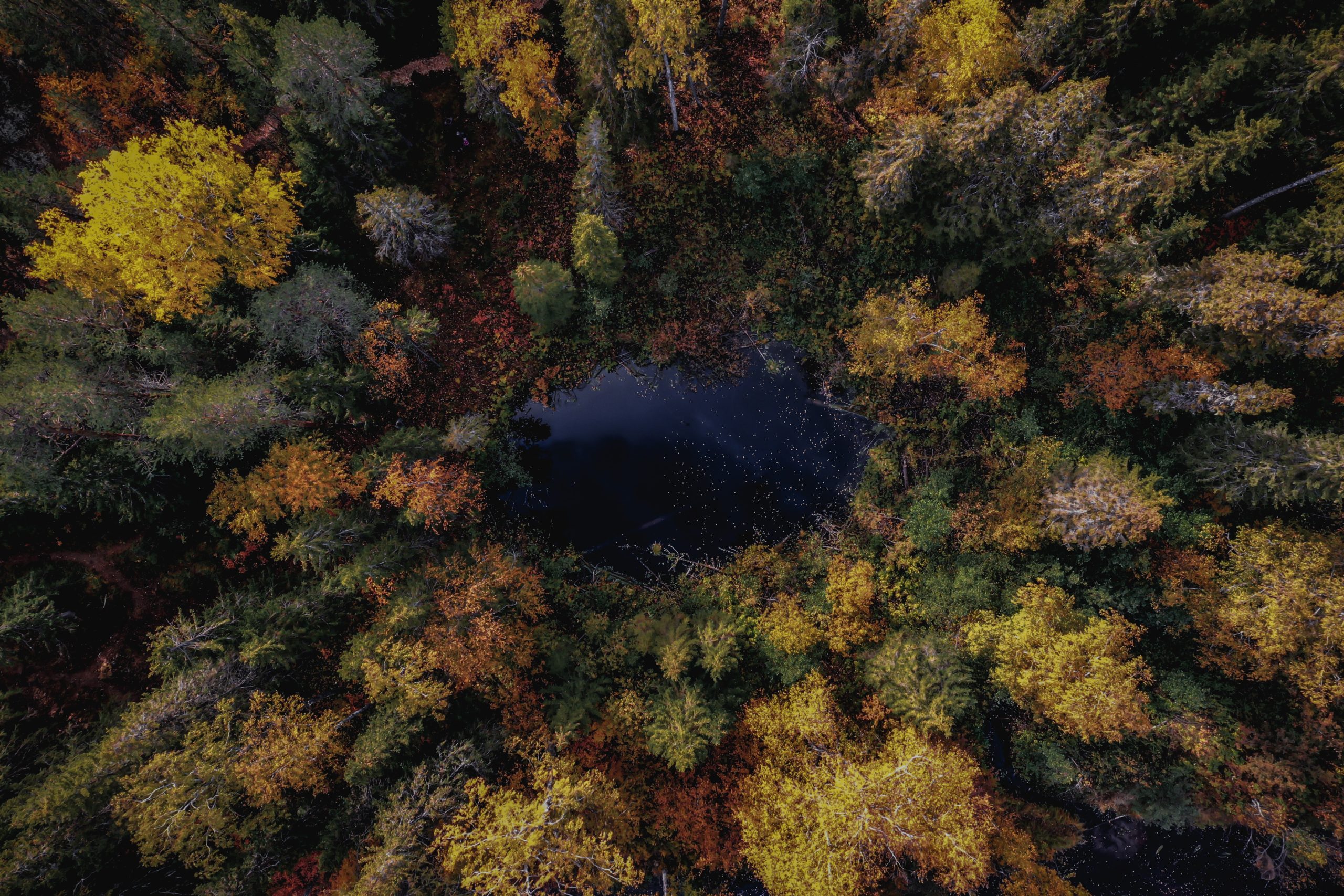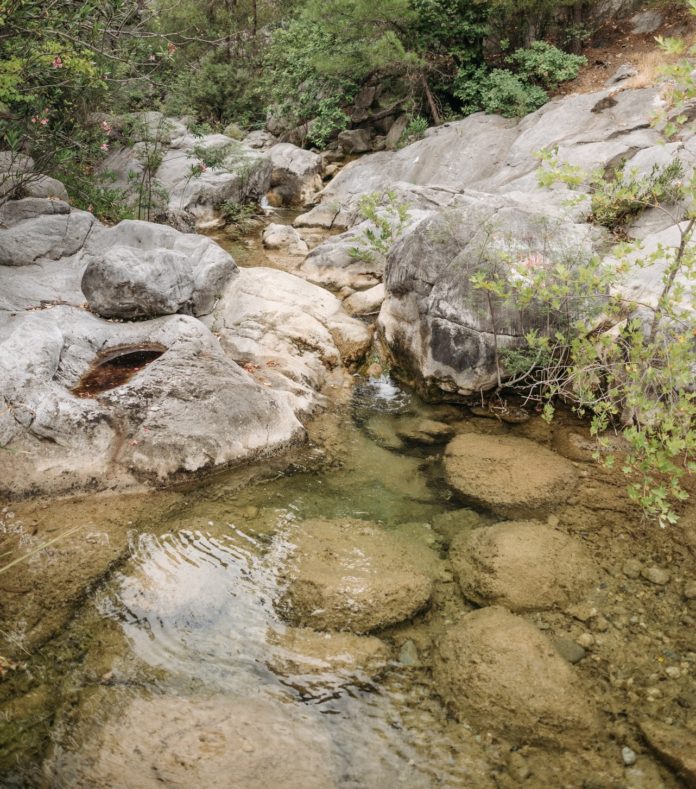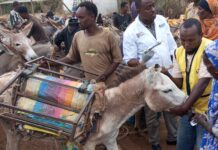Rosie PIOTH and Joel Kouam
Douala, Cameroon: You have to travel nearly 60 km after Douala on a normal road and then a track that gets stuck in the forest on a track out of nowhere to reach the Mamba village lost in the middle of the forest.
Here people get a livelihood mainly from the forest and agriculture. A village recognized for these precious wood species from other times, but now the situation has changed and the consequences are being felt. Most of the inhabitants had forest products as essential for their consumption, but with the cutting of trees, they find it difficult to eat.
Paul Joseph Toume is one of the inhabitants of the Mamba village. “I came here for the first time when I was only 8 years old and my parents were comfortable. We are talking about 1972. Animals were within reach of everyone, they came right up to the house. They came to eat the palm nuts and when we came to eat game it was within our reach .”
Toume notes that there were still many trees by then and the soil was fertile and it was producing well, the people were getting enough of their food.
“When the SNC Bois existed, it was the large society of this village apart from the small ones, we did not suffer, there was no shortage of game, we did not cry famine, a cassava stalk could fill a basin, the hedgehogs were not numerous. You see it looks good, but come back you are not going to find anything, yet before people lived well.” He says, looking weary.
Deforestation has destroyed everything and now even cultivating and obtaining medicines from trees has become complicated. The essences that were once used by local populations have disappeared.
Mama Séphora is disappointed because long before she could have had a lot of cassava and the possibility of having it evacuated, but recently, nothing, children and young people have left the village for the city because there is nothing left to eat.
“I have been here since 1980, when the company was here the village was doing well. We had the route because the company arranged the route. Today we give thanks to God, even the food even that cassava you see the field, the cassava hardly comes out, there is no road our children do not enter. Not everyone can stay in town, the little cassava that the hedgehogs grow here destroys, ”she explains.
Even the fruit trees that Zipporah relied on for food are now gone. You have to go very far to find fruit, a strength that unfortunately she no longer has given her advanced age. She, who has turned to farm, is not doing well, because the soil is arid, no more trees, a lot of rodents which damage the crops.
“We are suffering, the Macabo that we grow does not give us anything, the cassava that we force barely comes out, the animals do not leave and there is not even a road to bring out into the city. We no longer see the fruit trees in the bush, but when you go very far into the forest you still find some, what remains within our reach are the mangoes. We suffer because we are alone and abandoned, the children no longer come to the village because nothing attracts them anymore, ”she laments.
Experts say these indigenous communities are victims of logging because instead of improving their lives, deforestation has brought nothing but misery and tears. A situation that has pushed some to revolt according to Francois Medjo, an expert in eco-development.
“Where communities have suffered logging like here in Nkam, when this logging was stopped there is nothing but tears and misery that sets in and there is some form of community revolt. What we have therefore noticed is that the communities are taking over unclassified forests, that is to say, those in the natural domain. ”

The inhabitants of these villages, victims of deforestation, unable to have enough to eat, are adopting new habits. They attack the protected areas directly and destroy them in order to have timber for sale. This will allow them to have some money to survive.
“This with the administration’s complicit gaze because it’s happening in front of everyone. Timber shops are sold on the main axes of the national road and this is happening in front of everyone’s eyes. If you leave Douala for Bertoua or Yaoundé for Bertoua, on the road you will see wood everywhere that is sold. The trucks load them and take the destination of the coast or the direction of the North and the wood ends up in Chad which becomes a very serious problem for the country ”, criticizes François Medjo.
Clearly, deforestation has a serious impact on the diet of populations first, it keeps game and fruit trees away from these populations, they are now forced to go hundreds of kilometers to find something to eat. What should attract the attention of decision-makers according to the latter:
“We draw the attention of decision-makers and the government of Cameroon to help communities by taking this activity back into their own hands, which will allow communities to capitalize the forest revenues that are paid to them, in particular the RFA and social revenues. They are now victims because the destruction to the environment is enormous. We have carried out studies where we have found that even the crops can no longer grow, in terms of the fauna it is a disaster. Before you could have a monkey behind the house, but now you have to go hundreds of kilometers to find it. ”
Recent data available on Global Forest Watch revealed that the Congo Basin lost more than 600 thousand hectares of primary forest in 2020, an increase of 9% compared to the year 2019. Cameroon lost 708 kha of primary forest wetlands lost, or 48%, which represents more than one hundred thousand hectares of destroyed forests.
Production of this article was made possible by the support of RJF and the Pulitzer Center.














